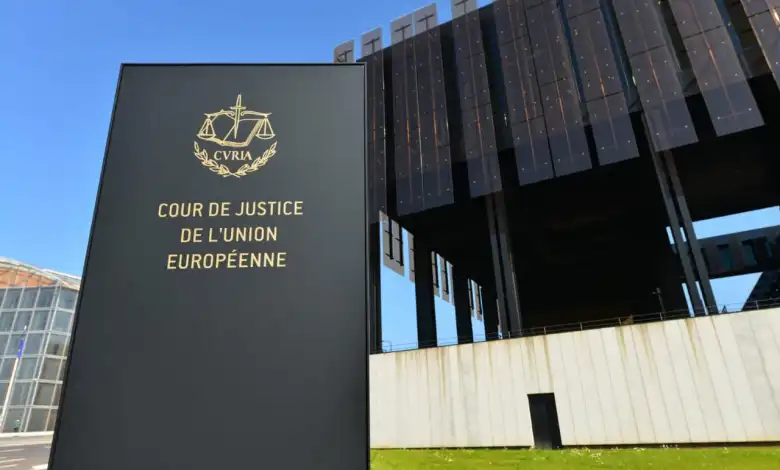- Political Implications: The decision appears to carry political implications, suggesting political disagreements among European countries about the quota-sharing within the Union. This indicates that the decision lacks the required judicial neutrality and does not represent the Union’s collective stance. The court cannot rule on matters involving a political mandate pertaining to agreements concerning the states constituting the court. The European Court often acts in defense of issues related to the interests of EU countries, making its decisions prone to criticism from Union member states.
- U.S. Decision Connection: The ruling aligns with the U.S. decision, opposing the court’s stance since the U.S. was the first to recognize Moroccan sovereignty over Western Sahara. Consequently, investment shifted from manipulating Morocco’s territorial integrity to new partners, including the U.S. and European countries that aligned with U.S. policy, like Spain, Germany, France, and the Netherlands.
- Alignment with Royal Speech: The decision resonates with King Mohammed VI’s speech, emphasizing that Western Sahara is the prism through which Morocco views the world and is the clear and simple measure of true friendships and effective partnerships. The King called for clear positions from Morocco’s traditional and new partners regarding Moroccan Sahara.
- Court’s Jurisdiction Limitations: The jurisdiction of the European Court does not extend to making decisions on behalf of member states without consultation. The court is not relevant to Morocco’s territorial integrity, as EU cooperation is primarily economic. Morocco remains uninterested in the EU as a diplomatic partner due to this jurisdictional limitation.
- Moroccan Diplomatic Stance: Morocco maintains its commitments are not affected by decisions outside the jurisdiction of the United Nations. The European Court’s decision is a mere distraction without substantial legal merit. Various European states have expressed a commitment to upholding their international agreements and maintaining their partnership with Morocco.
- Algeria’s Role: Algeria attempts to leverage some countries’ positions to establish alternative partnerships to Morocco in Europe and Africa, exploiting the Western Sahara conflict. The artificial dispute with Morocco is a legacy of colonial boundary drawing by France, complicating Algeria’s stance despite its claims of neutrality.
- U.S. Recognition Impact: The U.S. recognition of Moroccan sovereignty under Donald Trump’s administration marked a shift in international consensus, reinforcing Morocco’s position. The move towards the Atlantic axis symbolized a strategic economic and political turnaround, aiming for mutually beneficial relations.
Dr. Ahmed Derdari President of the International Center for Crisis Monitoring and Policy Foresight
